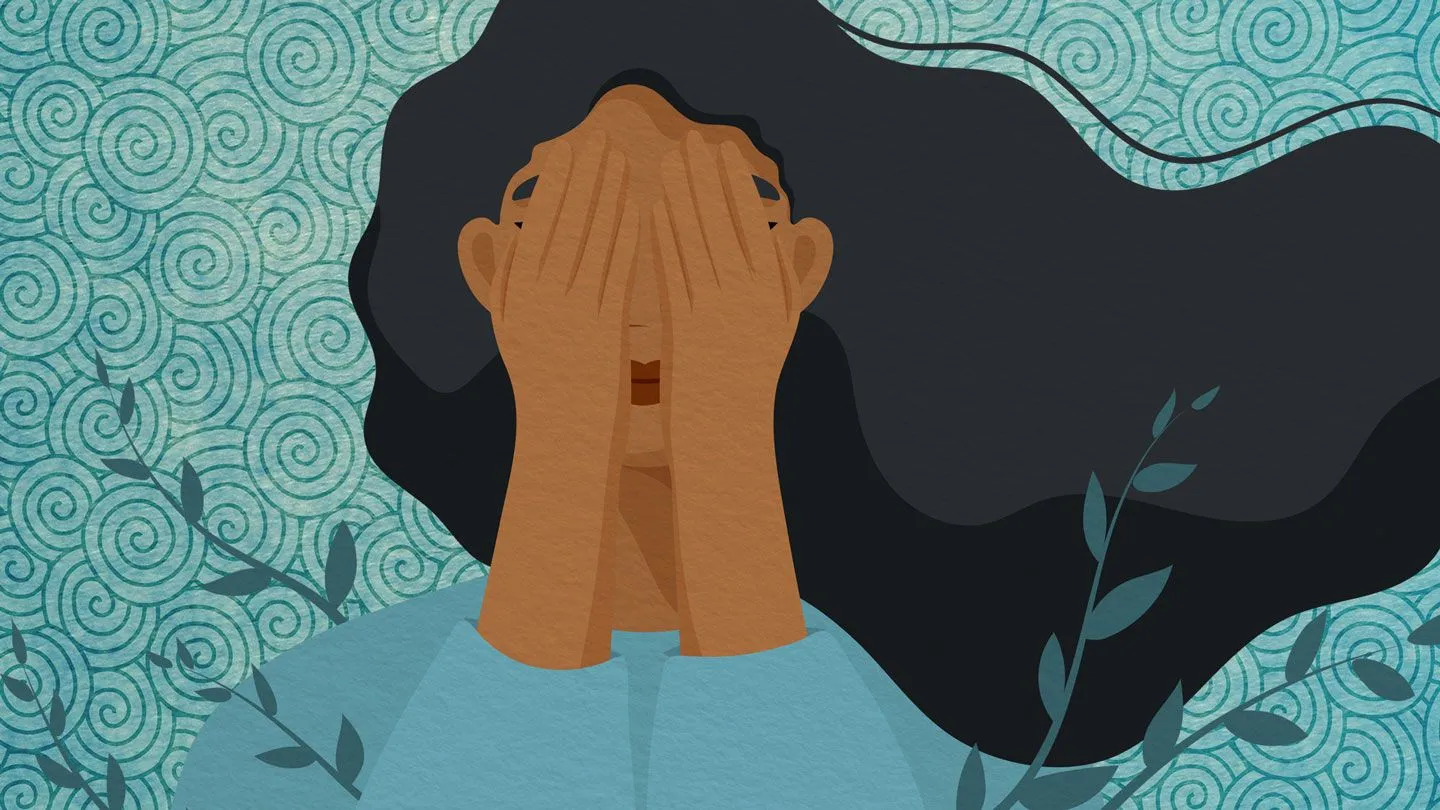From time to time, life confronts us with tests of tolerance — it may be in the form of a difficult person, or an adverse situation. Regardless of how we fare, if we learn from the experience, it leaves us wiser and stronger, and we are able to deal better with similar tests in future.
If we remain mentally strong, the test may even feel like a game. For example, when we fall ill, how we see the illness determines how we feel. If we repeatedly think, “I am ill! My body is aching,” we magnify our suffering. On the other hand, if we see it as a minor issue that will soon pass, the state of the body will not affect our state of mind.
Practice of detachment—seeing things as a detached observer—helps in such situations. Instead, if we are attached to a person, or our own body, there is turmoil in the mind if everything is not well with them. Rather than worry about “my body, my wife, my husband”, if we take a step back and remember that we are souls and the body is an instrument we are using to express ourselves, and that the relations are also souls, with whom we are playing a particular role in life, we will not be influenced so much by them.
A lot of people worry about “my son” or “my daughter”. This feeling of “my” creates a bondage and their mind remains stuck on those they regard as “mine”. This stops them from seeing the larger picture—that many others may be going through challenges similar to what “my” folks are facing—and having good wishes for every soul.
It is natural to feel concern for our family, but if we are caught up in attachment, we fail to notice that there are others who are equally in need of our attention and help.
The consciousness of “mine” keeps our thoughts and feelings engaged in a limited number of people, which does not allow us to serve the wider society. Once we have a genuine desire to serve the world, we are able to step out of the boundaries of “my” and “mine” that we have created for ourselves.










